Warning: This article contains discussion of alcoholism which some readers may find distressing.
It’s been nearly 10 years since Issy Hawkins last had a drink and spent her 22nd birthday in a treatment centre. And she hasn’t looked back since.
The now 31-year-old is well-known for her inspiring sobriety content on social media, regularly opening up about her struggles as a young alcoholic and working as an ambassador for Alcohol Change UK.
Having once feared she would be heading to an early grave due to her drinking problem, Issy spoke to LADbible about the moment 'everything good' in her life had 'vanished' and taking the decision to give herself a second chance.
Drinking since her teens, the actor explains she knew drinking was a problem from the age of 18 because she ‘wasn’t using it like other people’ around her.
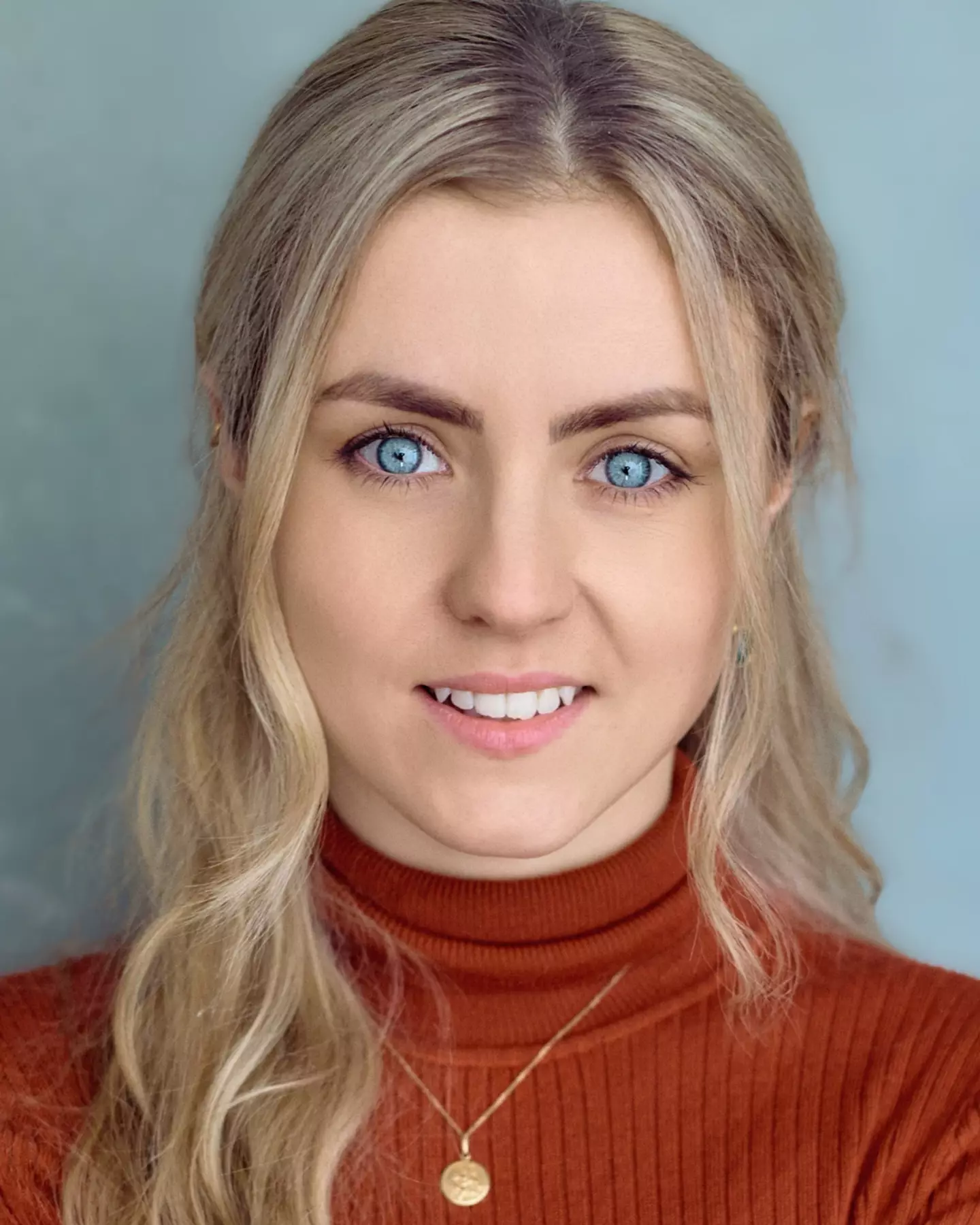
Issy is known on TikTok as 'That Sober Actor' (Supplied)
Instead, Issy was using alcohol ‘to numb’ herself.
“I think [it was] because I had a lot of stuff I wasn't dealing with. I hadn't gone into therapy," she explains.
"I had terrible anxiety and panic attacks going on and undiagnosed ADHD - I now know because I got diagnosed with that this year [2024].”
But particularly as she was a young person working in the ‘party heavy industry’ of advertising in London, it was easy 'to hide’ – especially when it came to drinking vodka from a squash bottle in the mornings.
Issy would also end up crying ‘every time’ she drank or ‘behaving dysfunctionally’ on nights out, spending most of the year before getting help in ‘blackout’.
Often downing extra drinks when she ordered a round at the bar, she adds: “I became incredibly sneaky when it came to alcohol – trying to centre events around it. Rather than go do something else, I’d be like ‘let’s go to a pub’ or ‘let’s go to this event because we can get really drunk’. Just trying to get everybody else to drink with me as much as possible so that I didn’t look like such a crazy person.”
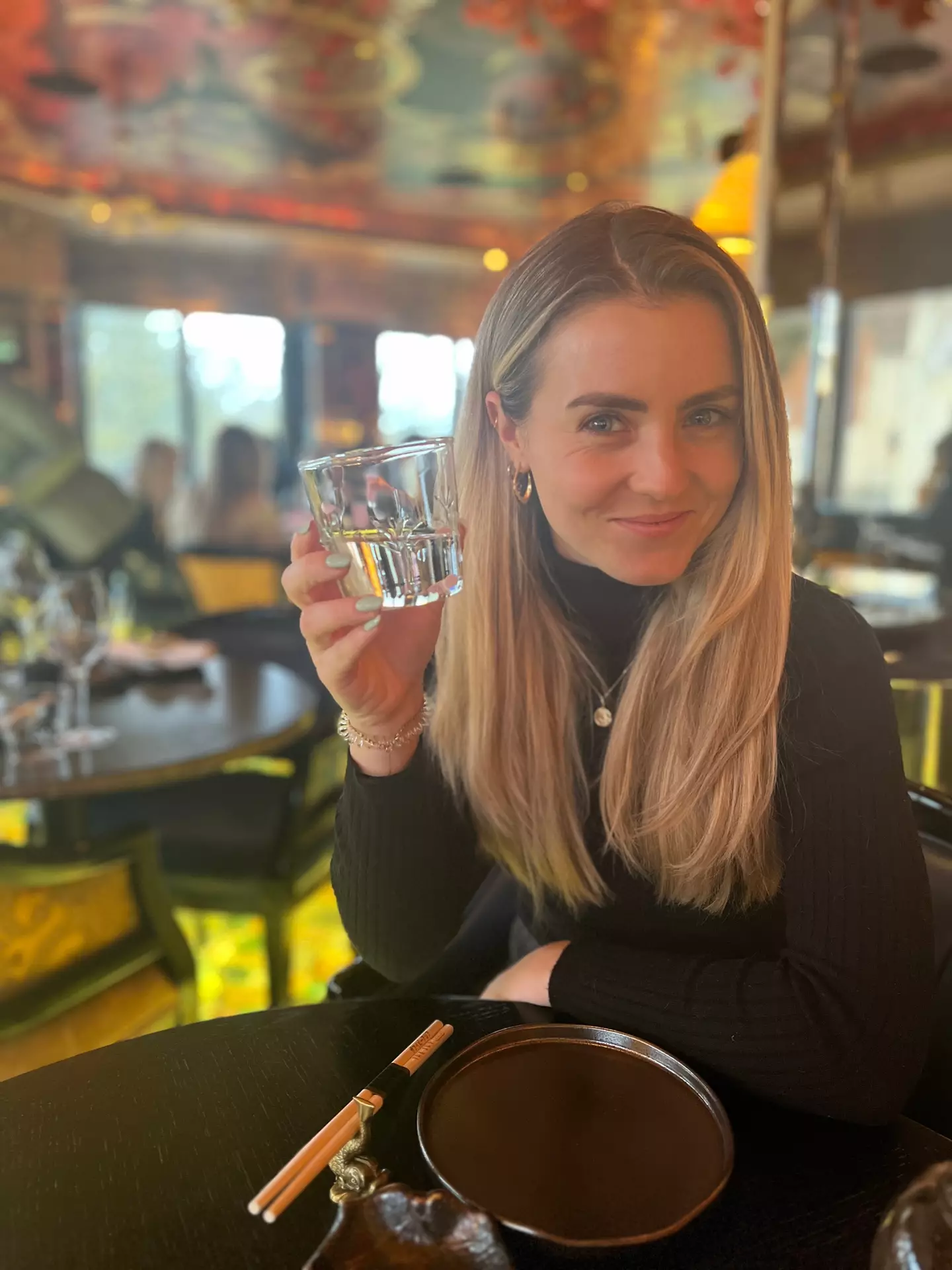
Issy has been sober for nearly a decade (Supplied)
Alcohol became the ‘number one thing of importance’ in her life. “Everything centred around it.”
But that doesn’t mean Issy wasn’t aware there was a problem, as she explains she would bounce between a ‘really bad low’ where she knew she needed help, to her ego rebuilding and believing she was ‘fine’.
And when the actor hit one of her ‘rock bottom’ modes, she went to a ‘government funded agency’ recommended for people with drinking problems.
Sat with her mum, she recalls: “They said to me, ‘There's nothing we can really do for you. You probably need to go home and have another drink because we're worried about you withdrawing, because withdrawing can be really dangerous’. And I just remember crying because I was like, ‘Okay, so there's nothing.'”
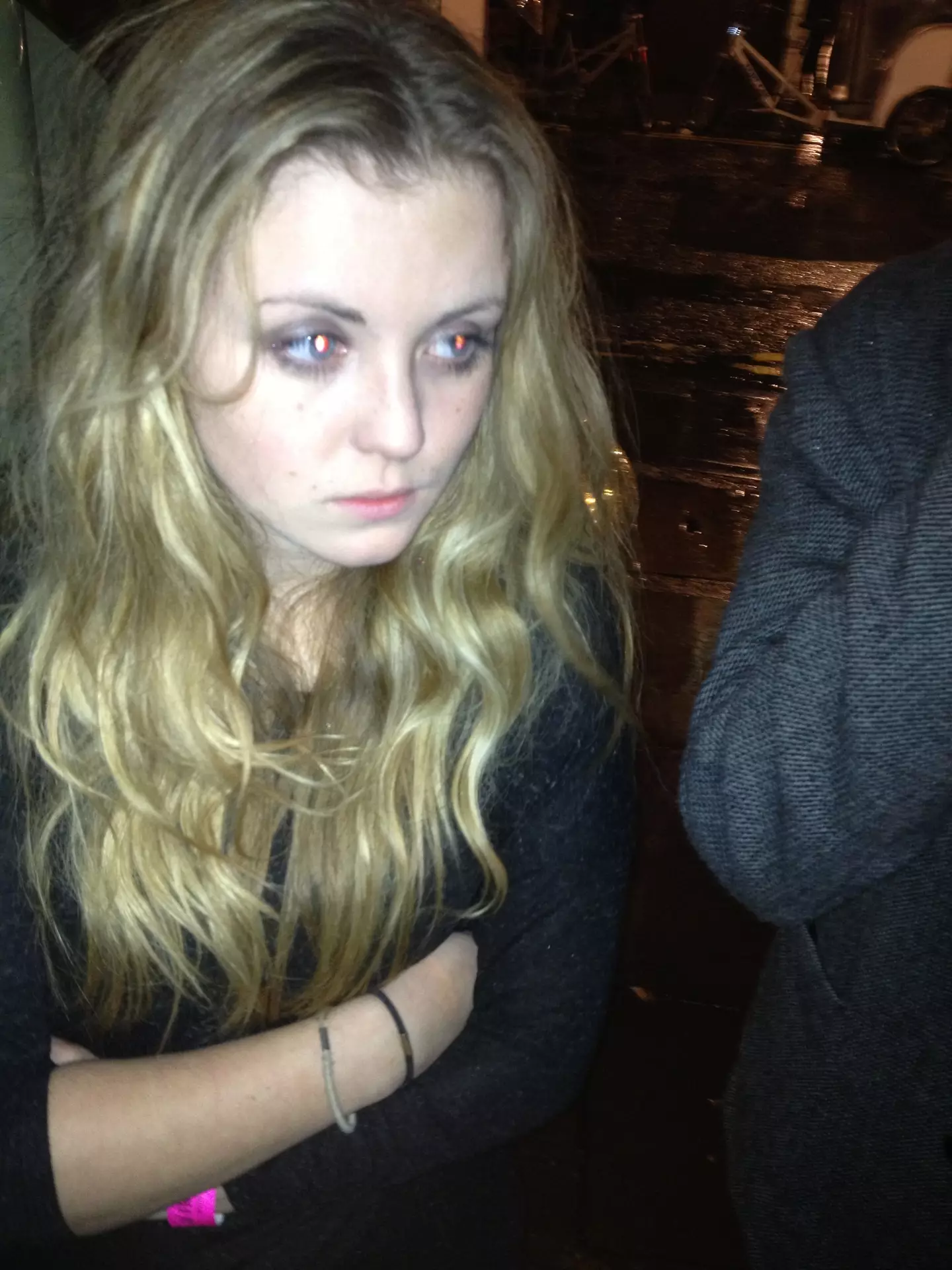
“I felt I needed to be removed from society because my life was just such a mess.” (Supplied)
After this ‘disempowering’ experience, Issy ended up relapsing.
“There’s such a fine window with somebody that has a drinking problem to catch them, because your ego rebuilds so quickly, and it's got to be in that moment where you're like, ‘I need help,’” she says. But about six months to a year later, Issy crashed back down and knew it was time.
“My drinking had just completely spiralled out of control into something that was really unhealthy,” she explains. “I was drinking in the mornings, I had lost my job, and it all came to a head the day my boyfriend was like, ‘I can't do this anymore’, because he stuck by me for five years, through quite a lot, and it was just in that moment I was like, ‘Yeah, I can't do this anymore. I need help.’”
With the consequences getting worse, Issy feared she was 'probably gonna end up dead’ if she carried on drinking.
“Everything good about me had gone,” she adds, “I had so many hopes and dreams and they all just vanished.”
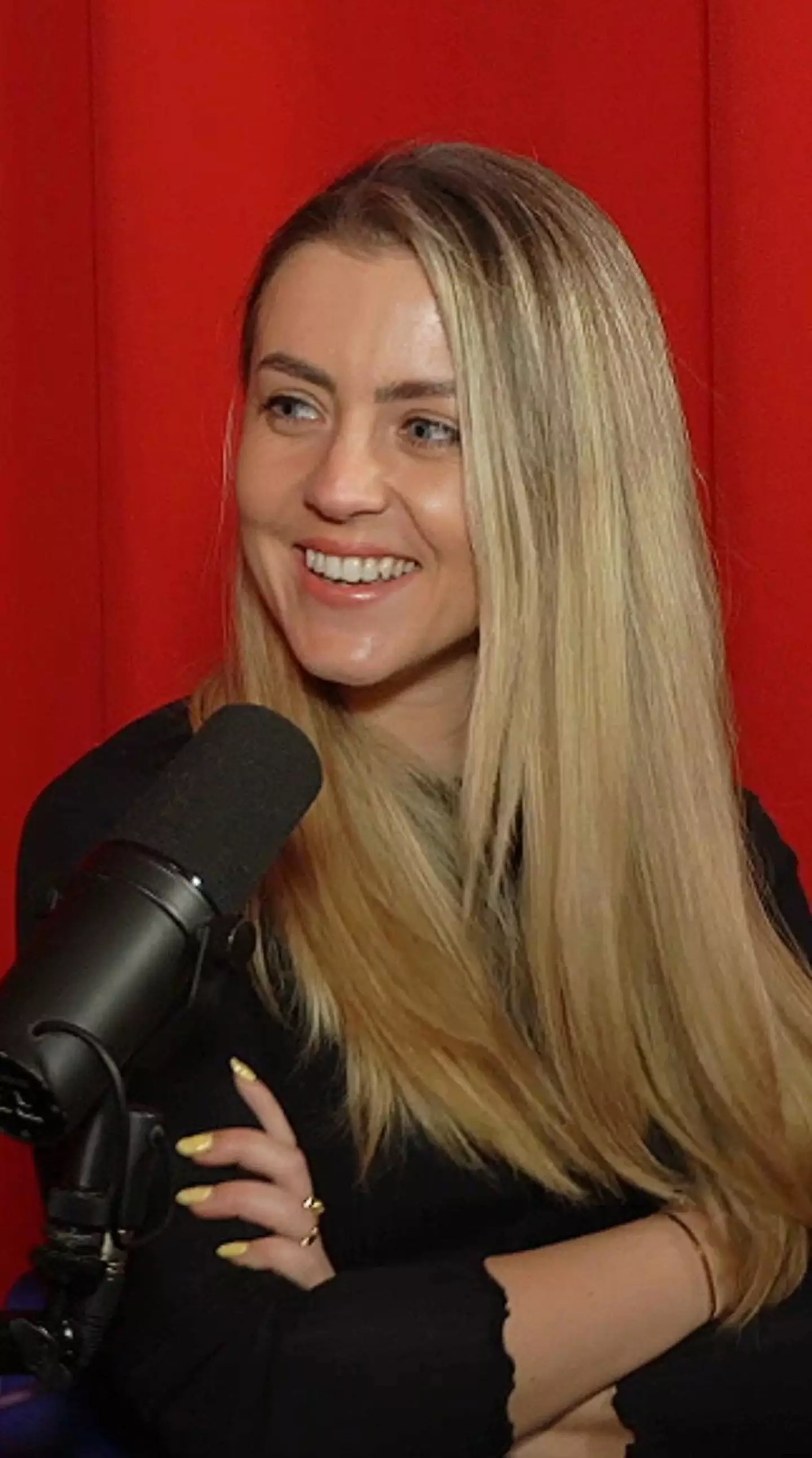
She now shares advice to others going sober. (Supplied)
With help from her family and the support of her friends, Issy checked into a treatment centre in February 2015 and has been sober ever since.
For her, alcohol is ‘an allergy’.
“If I had a nut allergy, I wouldn't be like, ‘Maybe I can eat a nut, let's see how that turns out’. This is just something I cannot do,” she explains.
Looking back on the blackouts and those dreadful hangovers she could never miss, she adds: “If you know it doesn't agree with you, why do you keep pushing to try and make it work?
“I think that was the thing I wish I'd known as well; I just kept trying to drink, not like a normal person. I was like, ‘This time round, it will be different'. And it actually just kept getting worse.”
Going sober meant Issy was ‘forced to deal with things’ for the first time in her life, something she found ‘overwhelming’.
Having once ‘drank on every emotion’, she had to learn about herself and how she felt, process grief and face the fact she has ADHD when alcohol had once numbed her ‘incessant washing machine head’.

'All the best things' have happened to Issy now she's sober (Supplied)
And now, her life is so much better.
“When you're drinking a lot, you are knackered all of the time. Your health isn't great, so you don't have time or energy to pursue anything of value. And so, I started to find those passions again,” she says, having got into drama school a few years later.
Being sober also means Issy’s sleep is better, as is her mental health, and she’s able to save money, as she recommends people going sober think about what they’re ‘gaining’ rather than what they’re ‘losing’.
Reflecting on her inspiring journey, Issy says the big thing she wishes she knew before she ditched drinking: “All the best things would happen to me when I was sober and the alcohol would have brought nothing to any of those situations, it would have just distracted from it and probably stopped them from happening."
Dry January is a campaign developed by Alcohol Change UK, you can find support and resources for taking part here.
Please drink responsibly. If you want to discuss any issues relating to alcohol in confidence, contact Drinkline on 0300 123 1110, 9am–8pm weekdays and 11am–4pm weekends for advice and support.










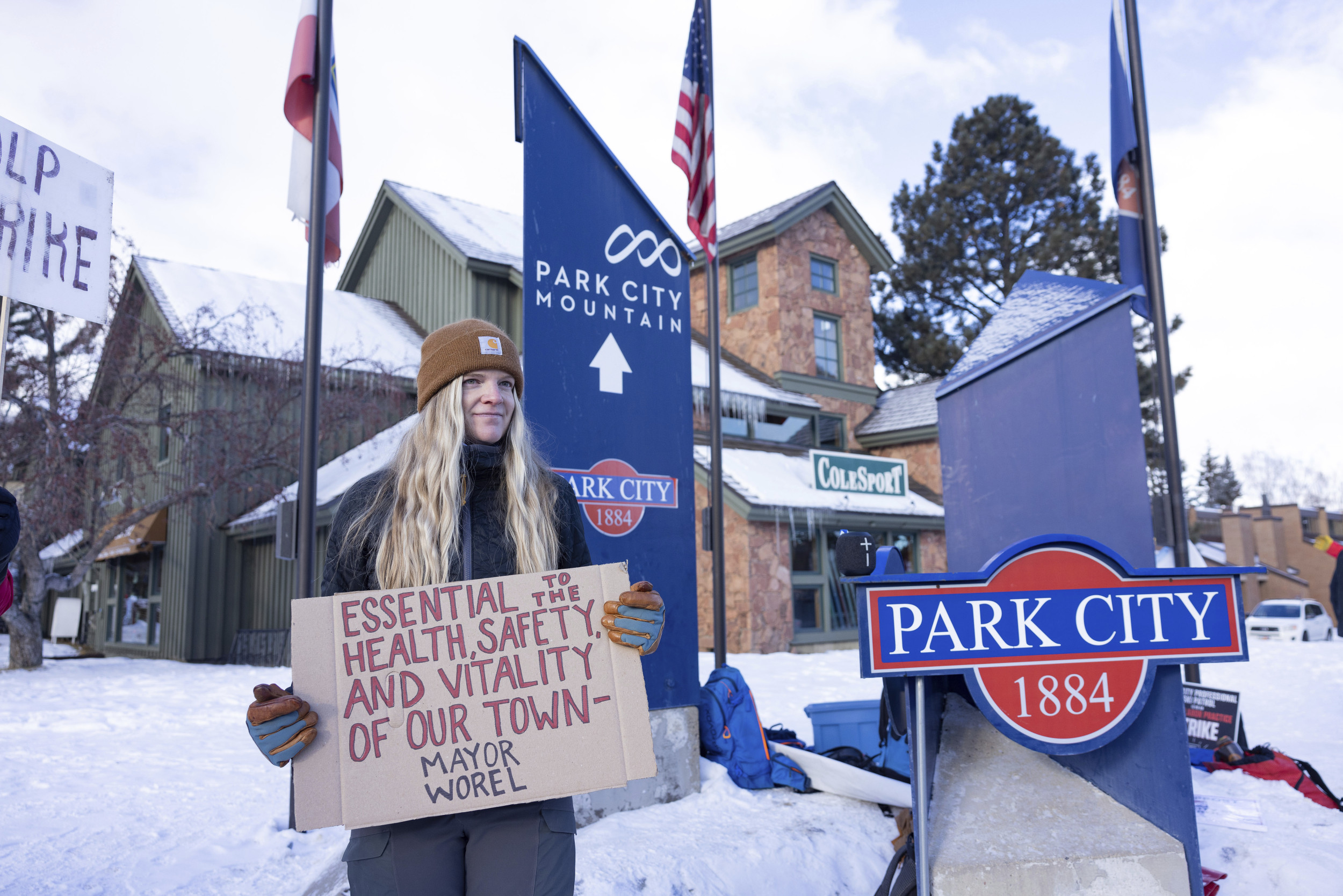









 English (US) ·
English (US) ·